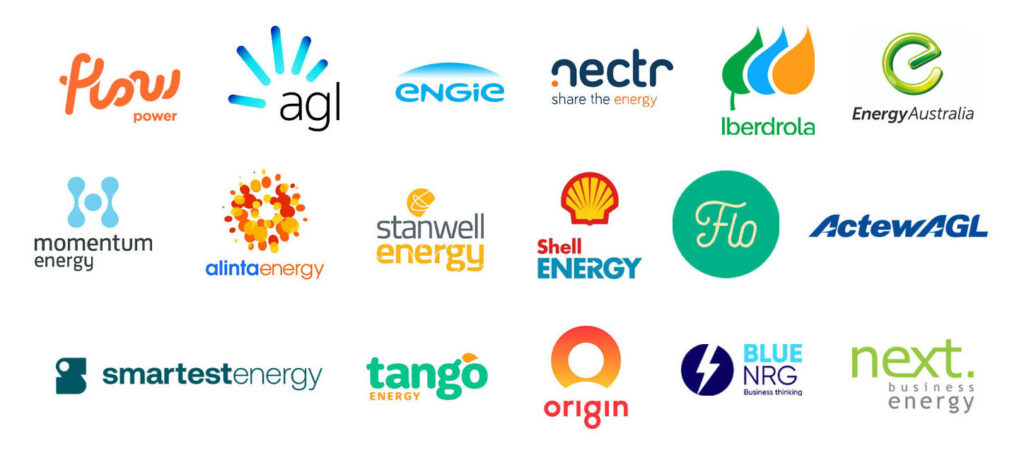A hard-hitting Climate Council report asserts that Australia must reach net zero emissions by 2035, with “no excuses”, using proven and available technologies and setting and sticking to sensible policies.
The Climate Council’s Seize the Decade blueprint outlines how Australia can slash emissions by 75% by 2030 and achieve net zero by 2035, aligning with global climate safety.
Key strategies include:
- Leveraging renewables for 94% of grid electricity.
- Scaling up rooftop solar.
- Cutting industrial emissions by over half.
- Decarbonising transport.
Climate Council urges adoption of decisive policies and technologies
The roadmap emphasised the feasibility and urgency of adopting decisive policies and technologies.
The plan said Australia must accelerate the ongoing phase-out of coal, oil, and gas across all sectors of the economy.
Australia must then transition towards renewables, storage, and electrification in logical and economically beneficial ways.
The report was published during the same week that the Federal Government announced the $1 billion Solar Sunshot plan for production subsidies and grants aimed at building a solar supply chain in Australia.
The Federal Government announcement was followed by AGL Energy and SunDrive’s own announcement of a Memorandum of Understanding to build solar panels at the decommissioned Liddell coal plant in the Hunter Valley.
Avoid relying on carbon offsets and unfulfilled technologies
The Climate Council report cautions against heavy reliance on land-based carbon offsets or unfulfilled technologies such as carbon capture and storage, nuclear energy, or hydrogen for home use.
The report focuses on solutions that could collectively reduce climate pollution by 75% by 2030, aligning with scientific recommendations.
It stresses the importance of tangible action rather than empty promises or delays, aiming to build on existing progress to cut climate pollution significantly in the critical years ahead.
Amanda McKenzie, CEO of the Climate Council, highlighted the urgency of these actions considering extreme weather events impacting Australian communities, including floods, heatwaves, and wildfires.
Proven solutions exist across all sectors of the economy
The report stresses that proven solutions exist across all sectors of the economy and are ready for scaling up without excuses to safeguard future generations.
Among the solutions detailed in the 85-page report is the proposal to double the current capacity of rooftop solar systems to 24GW by 2030, including the expansion to an additional 4 million homes.
To achieve this, the Climate Council recommended that state governments use green bonds to cover the upfront costs of installing solar panels on all publicly owned housing properties, a strategy already implemented by Singapore’s housing agency.
The report suggests that the repayment of these green bonds could be offset by reducing energy bill subsidies for residents, a significant ongoing expense for state governments, especially amid the current cost-of-living challenges.
According to Climate Councillor and economist Nicki Hutley, these policies are simple but straightforward solutions that benefit both emissions reduction and household bills.
She believes that this approach is preferable to using public funds to assist low-income households with consistently high energy costs.
Hutley emphasised the importance of implementing straightforward policies that offer tangible benefits with lasting effects, in contrast to existing policies that provide short-term relief without addressing underlying issues.
Hutley emphasised straightforward strategies that are already underway but require acceleration.
The report recommends updating the National Construction Code to mandate rooftop solar for suitable new and rebuilt homes.
It also advocates for policies ensuring new homes are all-electric and phasing out gas from existing buildings, prioritising electrification to reduce costs and emissions significantly.
Emissions in commercial and industrial sectors can be reduced
The Climate Council argues that commercial and industrial emissions in Australia could be reduced through a targeted version of the Small-scale Renewable Energy Scheme which would mandate a minimum amount of solar installation on C&I premises, with surplus solar sold as certificates to businesses unable to meet the minimum requirement.
The report suggests that state governments establish a regional approach to benefit sharing for communities hosting significant energy infrastructure to expedite large-scale renewables.
These frameworks can focus on community outcomes like lower energy prices, ongoing services, and infrastructure improvements, fostering community support for these projects.
Hutley points out that these policies are obvious climate solutions, particularly from an economic standpoint.
She criticised alternatives like nuclear energy for their cost and time inefficiency, emphasising the economic rationale for adopting environmentally sensible policies.
The urgency lies in addressing climate impacts and natural disasters, underscoring the need for timely implementation of these straightforward measures.
Get started on the path to Net Zero
Climate change is an issue with a growing urgency and with the Climate Council’s call for the Australian government and its citizens to take more resolute action towards building a clean energy future, it’s time to ensure that your business is part of this transformation, starting with a discussion with Leading Edge’s energy management consultants.
Let’s explore opportunities that can help you make your business more energy-efficient and reduce your electricity costs as well. Perhaps your commercial or industrial property is well-suited for solar installations? Our team can help you find the appropriate solution for your business.
Call us at 1300-852-770 or drop us an email at admin@leadingedgeenergy.com.au.
We source, analyse, compare and rank commercial, industrial and multisite energy quotes. Obligation Free.
Chat with one of our experienced consultants today and get the insights your business needs to help manage the risks associated with volatile electricity and natural gas markets. Our energy procurement service is obligation-free and provides a time-saving way of securing lower energy rates from our panel of energy retailers.







